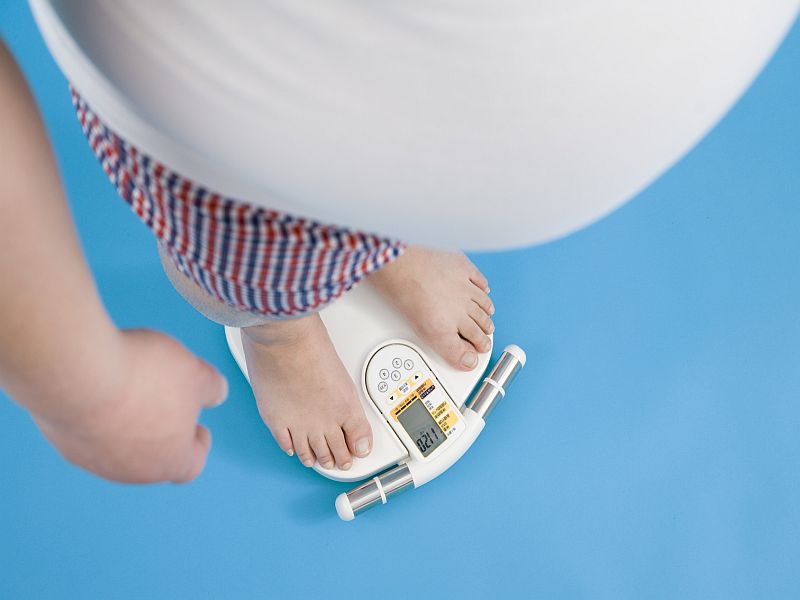
When you fire up the grill for your Memorial Day cookout, beware: Those tantalizing aromas hold an underestimated health risk. Grilling meats at a high temperature can produce cancer-causing compounds called polycyclic aromatic hydrocarbons (PAHs). You can be exposed to significant PAH levels simply by breathing in the sweet scent of barbecue. A new study… read on >






























